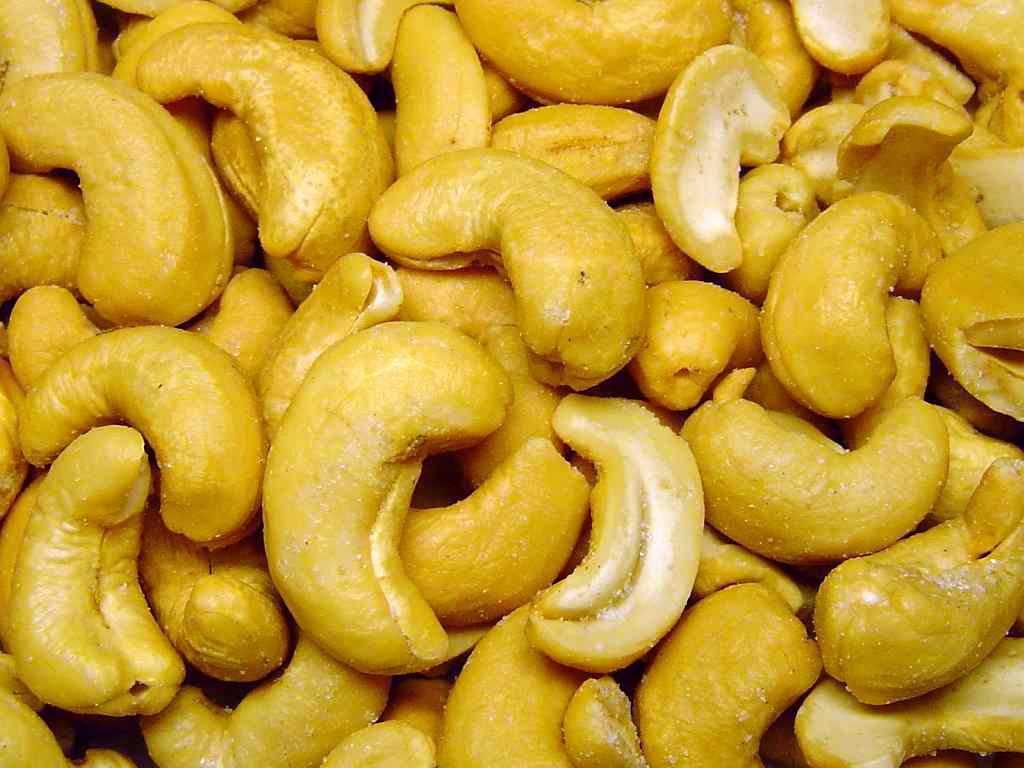New York– Eating a handful of nuts daily, particularly tree nuts, may reduce the risk of cardiovascular disease among people with Type-2 diabetes, associated with an increased risk for high cholesterol, heart disease and stroke, say researchers, including one of Indian origin.
Tree nuts such as walnuts, almonds, Brazil nuts, cashews, pistachios, pecans, macadamias, hazelnuts and pine nuts were strongly associated with reduced risk of coronary events, cardiac death and total mortality compared with peanuts.
The results showed that eating even a small amount of nuts had an effect.
While the exact biological mechanisms of nuts on heart health are unclear, researchers noted that nuts appear to improve blood sugar control, blood pressure, metabolism of fats, inflammation and blood vessel wall function.
“Cardiovascular disease is the leading cause of death and a major cause of heart attacks, strokes and disability for people living with Type-2 diabetes,” said Prakash Deedwania, Professor at the University of California-San Francisco.
“Efforts to understand the link between the two conditions are important to prevent cardiovascular complications of Type-2 diabetes and help people make informed choices about their health,” Deedwania added.
In this study, reported in the Circulation Research journal, the team used data from 16,217 men and women before and after they were diagnosed with Type-2 diabetes.
People who increased their intake of nuts after being diagnosed with diabetes had an 11 per cent lower risk of cardiovascular disease, a 15 per cent lower risk of coronary heart disease, a 25 per cent lower risk of cardiovascular disease death, and a 27 per cent lower risk of all-cause premature death.
Each additional serving per week of total nuts was associated with a three per cent lower risk of heart disease and six per cent lower risk of heart disease death.
Adding more nuts to one’s diets proved beneficial probably at any age or stage.
“It seems never too late to improve diet and lifestyle after diagnosis among individuals with Type-2 diabetes,” the researchers said. (IANS)















